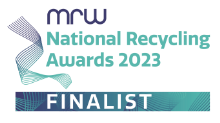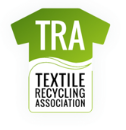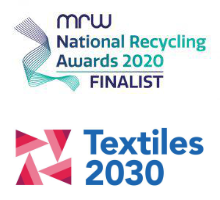Welcome to this week’s roundup of the latest and greatest in sustainable fashion! From recycled cotton Olympic outfits to regenerative farming and responsible standards, here’s a summary of the top stories making waves in the world of eco-friendly fashion.
1. Carbios and Tomra: Innovating Textile Recycling
Biotech firm Carbios and recycling and sorting specialist Tomra have teamed up to set up their first recycling plant dedicated to recycling polyester textiles. Their collaboration aims to bridge the gap between textile waste collection and the advanced technologies needed for textile-to-textile recycling, pushing forward the circular economy in the fashion industry.
2. Ralph Lauren Goes Green for the Olympics
Ralph Lauren has announced that the opening and closing outfits for the 2024 Olympics will be made entirely from recycled cotton. Collaborating with Natural Fiber Welding (NFW), they will use NFW’s recycled material ‘Clarus’ in their new collections. This initiative aims to showcase what’s possible for the fashion industry on one of the world’s biggest stages.
3. Diane von Furstenberg Partners with Lenzing Group
Diane von Furstenberg has announced a global collaboration with fibre producer Lenzing Group. This partnership aims to produce fibers from sustainably managed wood sources like Tencel and Lenzing EcoVero, which have lower carbon emissions and water consumption compared to conventional sources.
4. Marks & Spencer Embraces Responsible Alpaca
Marks and Spencer have announced they will be reintroducing alpaca wool into their ranges, now under the guidance of the newly launched Responsible Alpaca Standard (RAS) by Textile Exchange. M&S had previously banned alpaca wool following a PETA investigation in 2020. The decision to use alpaca wool again is expected to draw mixed reactions, particularly from animal rights activists.
5. ba&sh Achieves B Corp Certification
Parisian womenswear brand ba&sh has become the latest fashion company to receive B Corp certification from B Lab. Scoring 98 points, compared to an industry average of 80.9, ba&sh is recognized for its efforts across governance, workers, community, environment, and customers.
6. H&M’s Regenerative Cotton Collection
H&M has launched its first collection made from regenerative certified organic cotton. This type of cotton is grown without artificial pesticides or fertilizers, focusing on restoring soil health and protecting farmers’ communities. This move is a significant step towards sustainable farming practices in the fashion industry.
7. GRENSON SHOES Launches D-Stock Line
British brand GRENSON SHOES is launching a new line of footwear called D-Stock, which utilizes leftover leather or ‘deadstock’. The uniqueness of each pair, combined with the limited numbers produced based on available materials, makes these shoes highly desirable and a great example of innovative waste reduction.
8. Ellen MacArthur Foundation’s EPR Report
The Ellen MacArthur Foundation has released a new report titled ‘Pushing the Boundaries of Extended Producer Responsibility (EPR) policy for textiles’. The report emphasizes the need for financial investment to manage textile waste, build infrastructure for waste collection and sorting, and hold the textile industry accountable for its environmental impact.
Stay tuned for more updates on sustainability in fashion, and join us in celebrating these innovative steps towards a greener industry!







